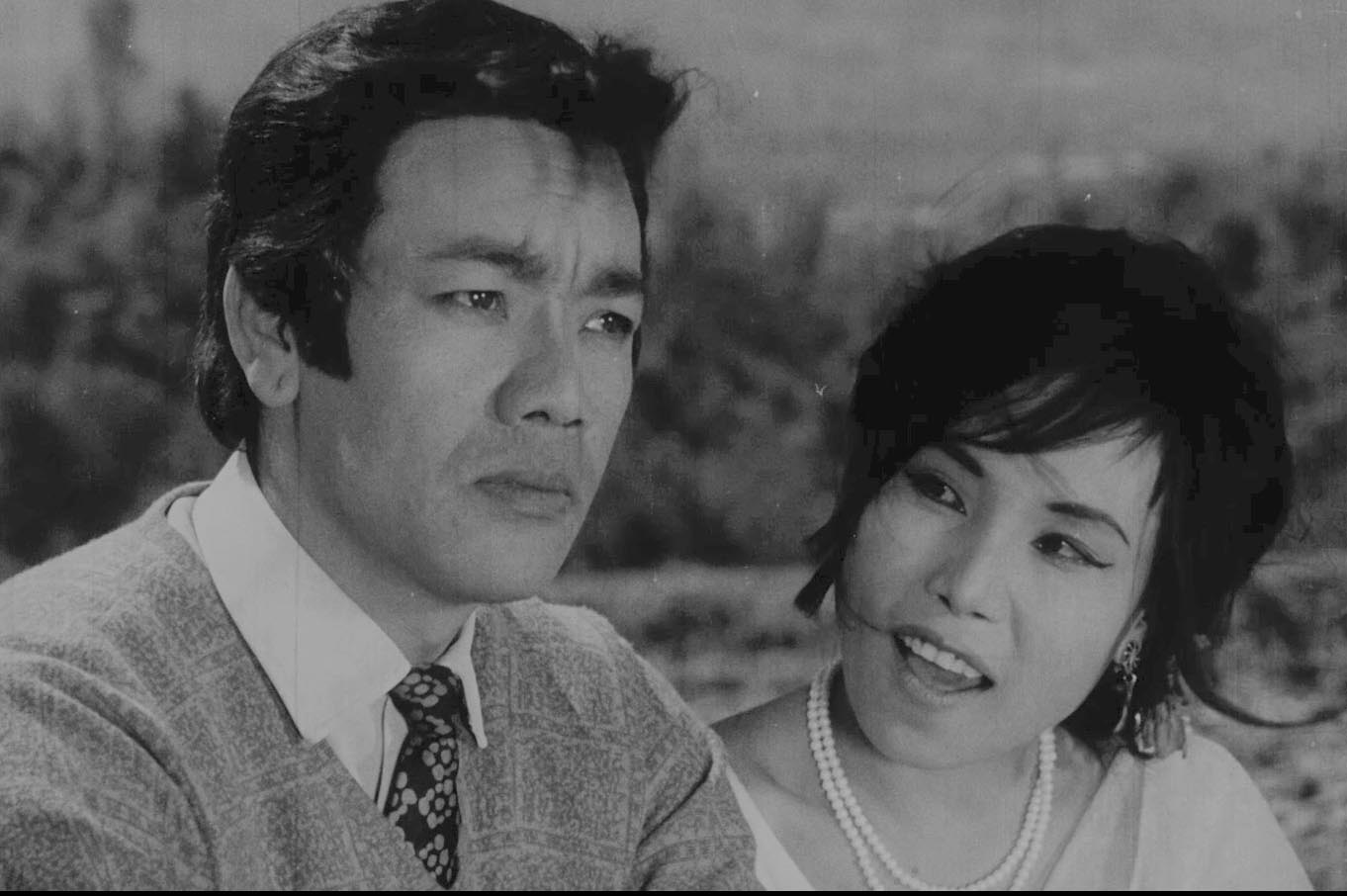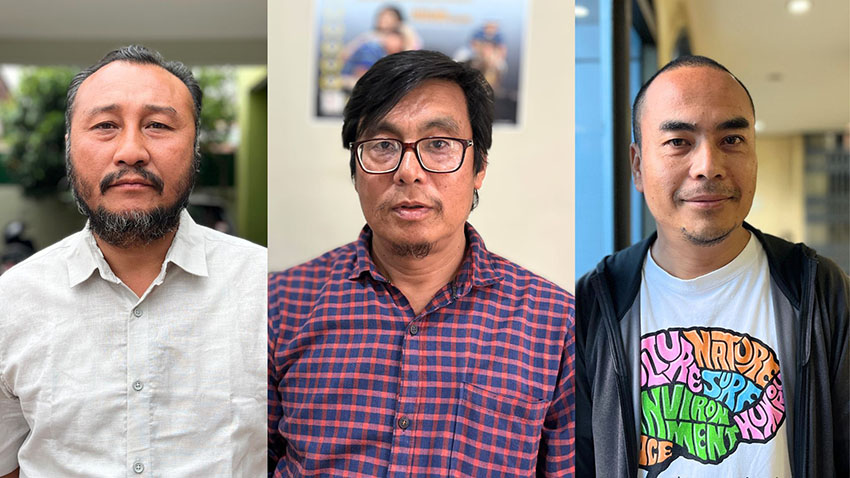Cinema, as an art form, often serves as a mirror of society, reflecting its multifaceted issues, cultural norms, and evolving perspectives. Through motion picture storytelling, films capture the essence of human experiences, offering insights into both historical contexts and contemporary dilemmas. This idea is vividly illustrated by two films of particular significance in Manipuri cinema: Brojendragee Luhongba (BL), released in 1973, the first feature film directed by a Manipuri filmmaker, Sapam Nodia Chanda (SN Chand), adapted from a short story by Dr. Lamabam Kamal; and Nungshibeine Nungshimanbei (NN), a 2024 super-hit film directed by Thoiba Soibam, with a story by Binde Chingtham.
Although these films are decades apart, they share remarkably similar storylines, both exploring the intricacies of a society in transition. More significantly, they offer a vivid portrayal of the shifting role of women within Manipur’s patriarchal framework, moving from a position of subjugation and helplessness to one of resilience and self-empowerment. Beneath their simple narratives lies a deeper exploration of how tradition, modernity, and personal aspirations collide within the dynamics of gender relations.
In Brojendragee Luhongba (BL), Brojendra, a doctor, agrees to marry a girl chosen by his mother but refuses to accept her as his wife, rejecting even the sight of her after their wedding. His character embodies the new generation of Manipuri men—Western-educated, liberal, and modern in attitude—yet grappling with the weight of traditional expectations. His mother, a figure representing the crumbling traditions of Manipur in the 1970s, insists on upholding cultural norms, while Maloti, his wife, becomes the marginalized voice caught between these contrasting forces. Maloti, played by Y. Romola Devi, symbolizes the silenced woman of a patriarchal society, abandoned and left to endure the consequences of a marriage that offers her neither love nor respect.
In contrast, Rita, a staff nurse and Brojendra’s colleague in Churachandpur, represents a more independent and liberated female character. Through their conversations, the film offers an insightful contrast: while Maloti silently suffers, Rita philosophizes about life as a beautiful art that needs to be appreciated, her dialogue symbolizing the growing recognition of women’s individuality and emotional needs.
NN, meanwhile, presents a more contemporary narrative of an arranged marriage between ex-schoolmates Salai (played by Dayananda Leishangthem) and Ningshin (played by Sonia Samjetsabam). Unlike BL’s Maloti, Ningshin is not a passive character; she is a spirited, determined woman who actively pursues her goals. Though initially dismissed by Salai, who has been indifferent to her since school, Ningshin’s infatuation drives her to better herself, even academically surpassing him in an effort to win his love. Her journey, though still bound by societal norms and her own desires, portrays a more active role in shaping her fate, contrasting with Maloti’s silent endurance.
Yet, Ningshin’s determination comes at a personal cost. Despite enduring Salai’s cruel attempts to force her to leave the marriage, she holds firm, believing that she can eventually win his affection. Here, the narrative explores the tension between personal ambition and societal expectations, as Ningshin refuses to give up her identity, even in the face of rejection and humiliation.
Both films, while reflecting different periods of Manipuri society, offer a critique of the gendered experiences of women within traditional and modern frameworks. BL’s Maloti is a symbol of a past generation—passive, submissive, and bound by societal expectations—while NN’s Ningshin represents the modern Manipuri woman—tenacious, assertive, and willing to fight for her place in both her marriage and society.
In the end, the resolution of the central conflicts in both films—the rejection of Maloti by Brojendra in BL, and Salai’s harsh treatment of Ningshin in NN—ultimately speaks to the broader societal changes underway. Both films challenge the patriarchal norms that have long restricted women’s autonomy, subtly encouraging a rethinking of gender roles in Manipuri society. Through their narratives, these films reveal a slow but significant shift in the status of women, marking the journey from oppression and marginalization to empowerment and self-assertion.
By delving into the struggles, relationships, and growth of their female characters, Brojendragee Luhongba and Nungshibeine Nungshimanbei have succeeded in not only entertaining audiences but also providing thoughtful commentary on the evolving status of women in Manipuri society. Their portrayal of women’s emancipation amid tradition and modernization deserves both recognition and appreciation.
For those who want to relook the classic feature film Brojengragee Luhongba, it is going to be screened on coming Sunday, the 20 October 2024 as as part of Sapam Nodiya Chand Cine Archive & Museum (SNCCAM) ‘s “Restored Classic Film Screening Series, aimed at promoting Manipuri Cinema. Tickets can be booked at Manipur State Film Development Society (MSFDS) ticket booking counter from 10:30 am to 5:00 pm during working days. MSFDS, as part of its film heritage preservation and archive mission, has successfully digitized and restored Brojendragee Luhongba in 4K resolution.












